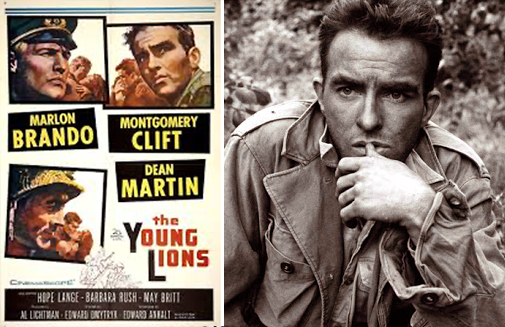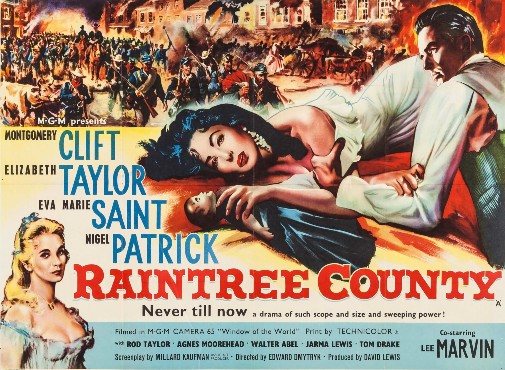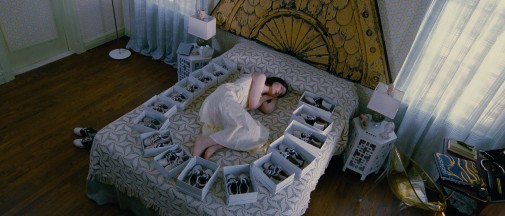The Supporting Actress Smackdown series picks an Oscar vintage and explores...
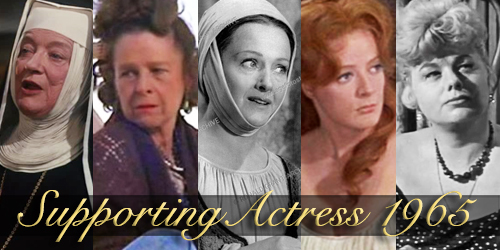

THE NOMINEES 1965 was all about the Julies, Christie and Andrews, headlining the years biggest hits but both were located in the lead actress category. When some of the year's most lauded supporting actress turned up in films Oscar wasn't interested in they selected quite an odd list from which films they were looking at, still missing one very obvious great choice. Recent Oscar winner Shelley Winters (A Patch of Blue) and recent nominee Joyce Redman (Othello) were invited back and future Dame and Oscar darling Maggie Smith (Othello) was invited for the first time. TV regular Peggy Wood (The Sound of Music) and a longtime Hollywood screenwriter Ruth Gordon (Inside Daisy Clover), nabbing her first nomination in an acting category, were also chosen. The resulting shortlist of characters included a nun, a child abuser, two women doomed by hateful petty men, and an eccentric old Californian who wasn't quite in touch with reality... not unlike some Oscar voters!
THE PANEL Here to talk about the performances and films are, in alpha order, Oscar buff Baby Clyde (The Film Experience), freelance writer Kayleigh Donaldson (Pajiba, What to Watch, SyFy FanGrrls), character actor Spencer Garrett (Bombshell, Once Upon a Time in Hollywood), writer and podcaster Kevin Jacobsen (And the Runner Up Is...), writer, cosplayer, and director Terence Johnson (Le Noir Auteur, Vampyr Resistance Corps). And your host at The Film Experience, of course, Nathaniel R. Let's begin...
1965
SUPPORTING ACTRESS SMACKDOWN + PODCAST
The companion podcast can be downloaded at the bottom of this article or by visiting the iTunes page...
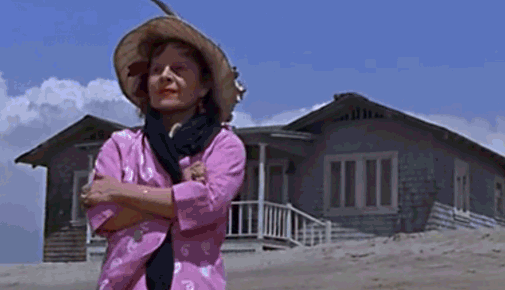
Click to read more ...
 Sunday, October 11, 2020 at 11:11PM
Sunday, October 11, 2020 at 11:11PM 